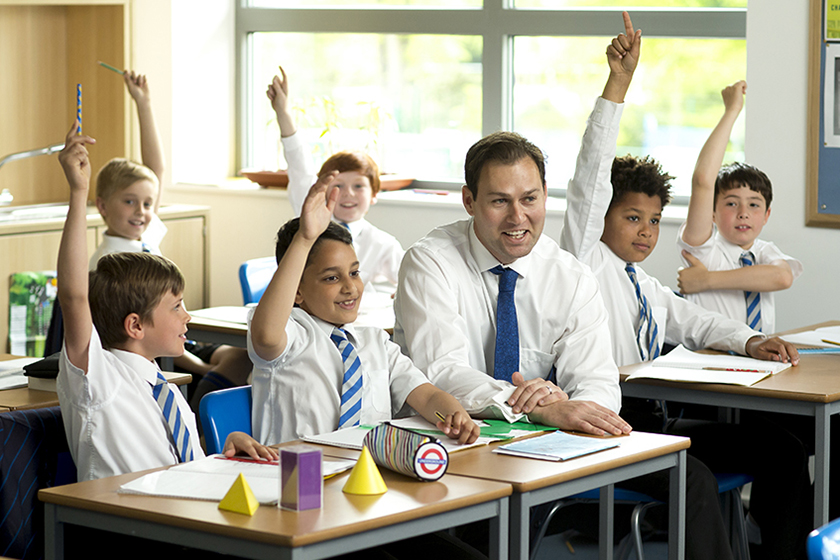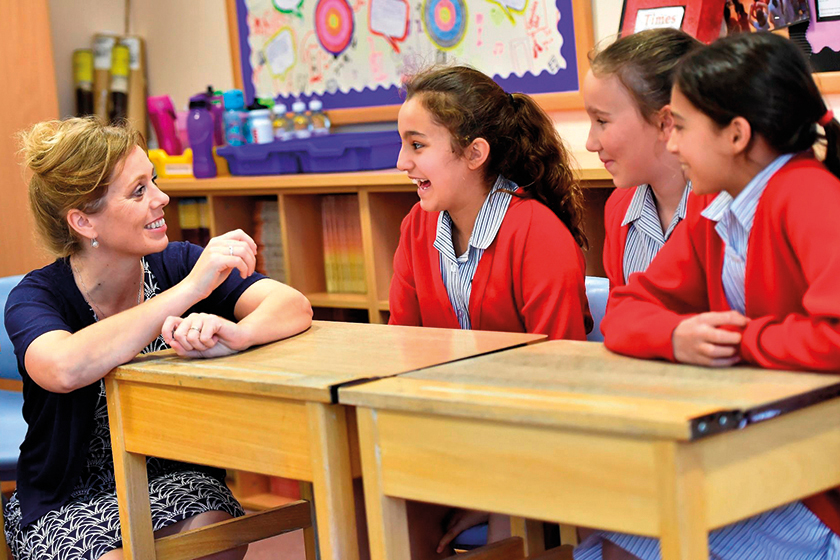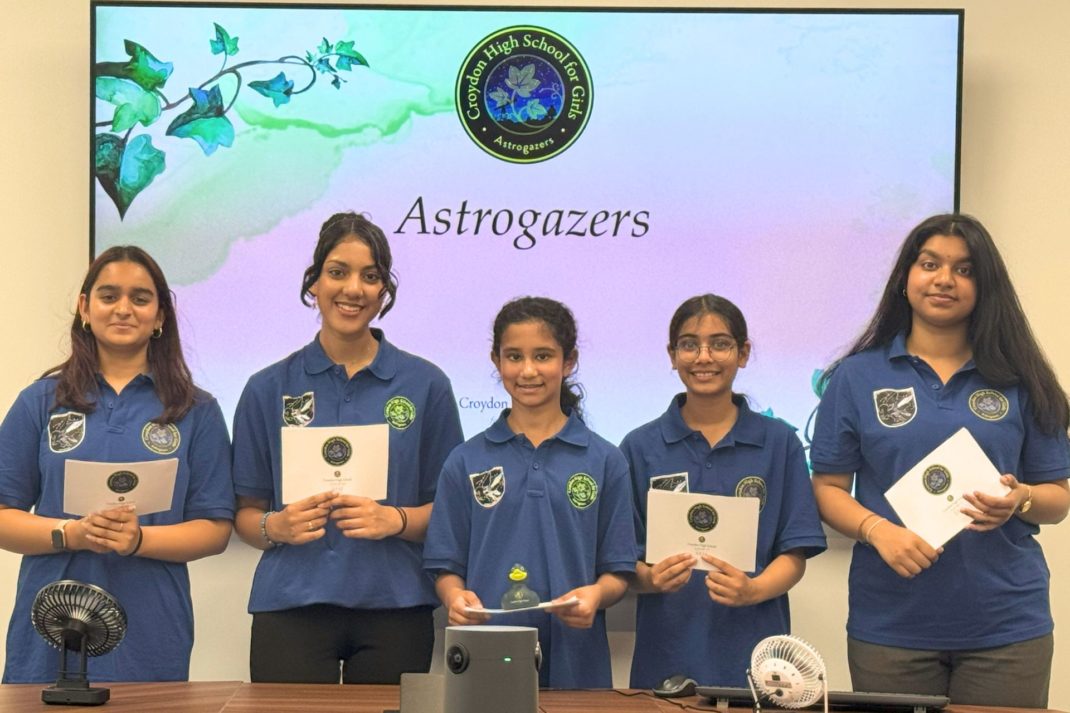What Makes a Good School Teacher?
By
8 years ago
Some key factors to look out for in your children's teachers...

A new report from Pearson, the world’s largest education company, has explored the characteristics that define an ‘excellent’ school teacher. So what makes a good teacher? Professors Iram Siraj and Brenda Taggart used data from the ‘Effective Pre-school, Primary and Secondary Education’ study, which monitored the attainment of more than 3,000 children, to create their report.
What makes a good teacher?
The report suggest that the hallmarks of excellently managed classrooms are:
1. Organisation – Teachers prepare their resources ahead of time, and make productive use of instructional time by maintaining good pace and ensuring that every second of their lessons count. Organisation is a key characteristic to look for in the best personality for a teacher to have.
2. Shared objectives – Although most teachers ensure the learning intention of the lesson/activity is clear (for example, by writing the ‘learning objectives’ on the board), teachers in excellent schools are especially good at making sure the children understand what this means. Consequently pupils in these classes are very clear about what they are expected to achieve and how much time they have to do it.
3. Homework – Homework is clearly linked to what the children are learning, and set to extend and deepen the children’s understanding.
4. Classroom climate – In ‘excellent’ classrooms teacher-pupil and pupil-pupil relationships are characterised by warmth and respect, where children are sociable and cooperative.
5. Behaviour management – Children in excellent schools are less disruptive and rarely need to be disciplined; but where teachers do need to correct behaviour, a good teacher uses humour or a quiet reminder.

6. Collaborative learning – Children in excellent schools spend relatively more time overall in collaborative learning situations than those in poor schools. (Although overall, the study found that the amount of time children spent in these groups across the board is fairly low.)
7. Personalised teaching and learning – ‘Excellent’ teachers are sensitive to the individual needs of their pupils and provide learning materials that are appropriately challenging, and rich and varied in content. They do not distance themselves from their pupils by staying at their desks, they regularly offer feedback, and take notice individual children’s behaviour or needs.
8. Making links explicit – Teachers in excellent schools are better able and more consistent in making links to areas outside the specific lesson.
9. Dialogic teaching and learning – A good teacher will progress learning by ensuring pupils are continually informed by previous work, rather than merely answering, correcting or silencing them. This is particular evident in maths, where dialogic teaching will take the form of analysis.
10. Assessment for learning – Teachers in excellent schools provide substantial opportunities for pupils to reflect on their learning through review.
11. Plenary – Excellent teachers are more likely to use plenaries in their lessons to provide opportunities for further discussion, to explore issues in more depth and to extend work and concepts covered in the lesson.
The full report can be found here.
READ MORE: How Independent Schools Look Beyond the Curriculum



